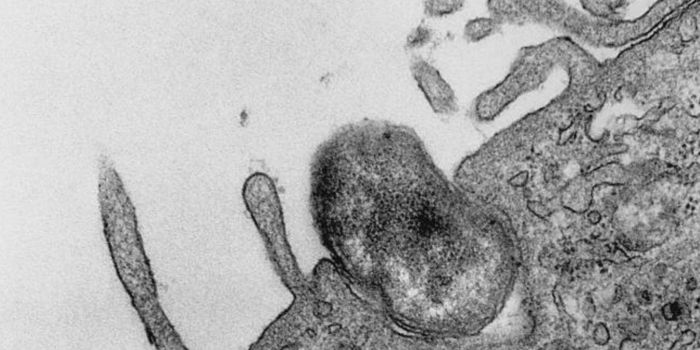Can Abnormalities in Blood Cells Lead to Lung Cancer?
Hematopoiesis, a biological process resulting in the formation of new blood cells, occurs throughout our lifetime. Hematopoiesis is a normal, necessary function in human biology. However, like other processes leading to cell growth, genetic alterations, known as somatic mutations, can occur during hematopoiesis. A separate but related process known as clonal hematopoiesis (CH) occurs when a somatic mutation arises, facilitating the formation of a subpopulation of mutated blood cells. The mutations generated during the CH process do not directly indicate hematologic malignancies or abnormalities; however, CH remains a risk factor for blood cancers and other health issues.
CH induces inflammation, a known factor in lung cancer development. The inflammation involvement prompted researchers to investigate a potential link between CH and lung cancer risk. Subsequent findings published in the Journal of Clinical Oncology suggest CH can increase lung cancer risk.
The study evaluated data from participants in two separate databases: the UK Biobank (UKBB), a large-scale medical database housing health and genetic information available for research, and the Mass General Brigham Biobank (MGBB), a research program providing resources to study how health is affected by genes, lifestyle, and the environment. All participants from both databases had whole-exome sequencing performed, allowing researchers to identify CH.
From each database, researchers generated a nested case-control study. From the UKBB, researchers evaluated over 200,000 participants for CH finding 832 participants with lung cancer (cases) and 3,951 without lung cancer (controls). Similarly, from the MGBB, researchers identified 141 cases and 652 controls from almost 28,000 participants. The researchers matched cases and controls for demographic characteristics like age, sex, race, and smoking status. The study also utilized published data from over 5,003 patients with various solid cancers who received blood sequencing tests performed by Memorial Sloan Kettering-Integrated Mutation Profiling of Actionable Cancer Targets (MSK-IMPACT).
The analysis suggested that CH is associated with lung cancer risk, as shown by several findings in the study. Within the UKBB participants, CH occurred in 12.5% of cases and 8.7% of controls indicating that CH increased lung cancer risk. Similarly, within the MGBB, the analysis revealed CH in 15.6% of cases and 12.7% of controls.
Data from MSK-IMPACT also supported the findings from the database analyses. Of the patients from this cohort, about half (2,279) had lung cancer, while the remaining had other solid cancers. The researchers found CH more frequent in patients with lung cancer than in other cancers.
The study demonstrates a link between CH and lung cancer, independent of smoking. The authors suggest that CH could have implications in lung cancer diagnostics as a biomarker for high-risk patients who could benefit from early intervention or preventative measures. Further research could also investigate targeting CH for lung cancer therapeutics and drug development.
Sources: Adv Can Res, NEJM, J Am Coll Cardiol, Blood, Nat Rev Cancer, J Clin Oncol









